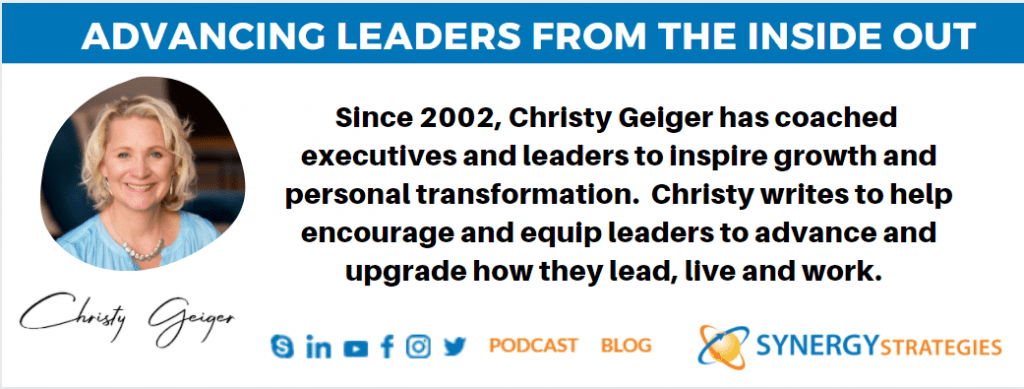1) Know your work style and use the tools and systems that match. If you work well with technology, use your computer, phone and apps for your scheduling and organization. If you are a visual person, consider using a paper calendar and a written to-do list. If you are a people person, develop a team around you to compliment your strengths. If you work alone, find time to focus and remain distraction free. If you are a morning person, attack the most important tasks early in the day.
2) Use ONE calendar. Sometimes people will have several calendars: One for family, work, computer, personal appointments, etc. Keep ONE calendar for everything. Use different colors or type styles to differentiate categories. Personally, I am very visual and remember things better when I write them down, therefore I have a paper calendar for my appointments, but due to the need for dynamic communication I have a google cal to support my scheduling, which might appear like two calendars, however this calendar is a mirror of the paper one and has everything on it.. which while it is extra work to have both, it is one calendar (paper or digital) with all the information.
3) Make a to-do list at the end of each day. Your mind naturally begins to work on the list as you sleep. When you awake, you are ready to work, are very productive and organized. Estimate how much time each task will take you and only put on your next day to-do list what is reasonable to get done.
4) “Eat your frog first.” A Brian Tracy concept*: Do the hardest thing you have to do all day first, before you do anything else. Doing this will provide you with the feeling of success in having a “burden” off your back and the momentum to accomplish the remaining tasks.
5) Have a clear goal; write it down and read it daily. When you have a goal you know what to focus on and work toward. If you do not have this at the front of your mind, it is easy to get caught up with the urgent things of the day or trapped in reacting to e-mail, phone calls, interruptions, and other people’s emergencies.
Be the master of your domain.
When you implement a few simple productivity strategies and develop them as time saving habits,
you will quickly enjoy the benefit of more time and energy and overall increased productivity.

*Tracy, Brian. Eat that Frog! 21 Ways to Stop Procrastinating and Get More Done in Less Time. San Francisco: Berrett-Koehler, 2001





